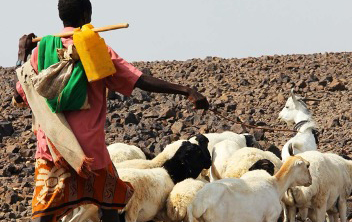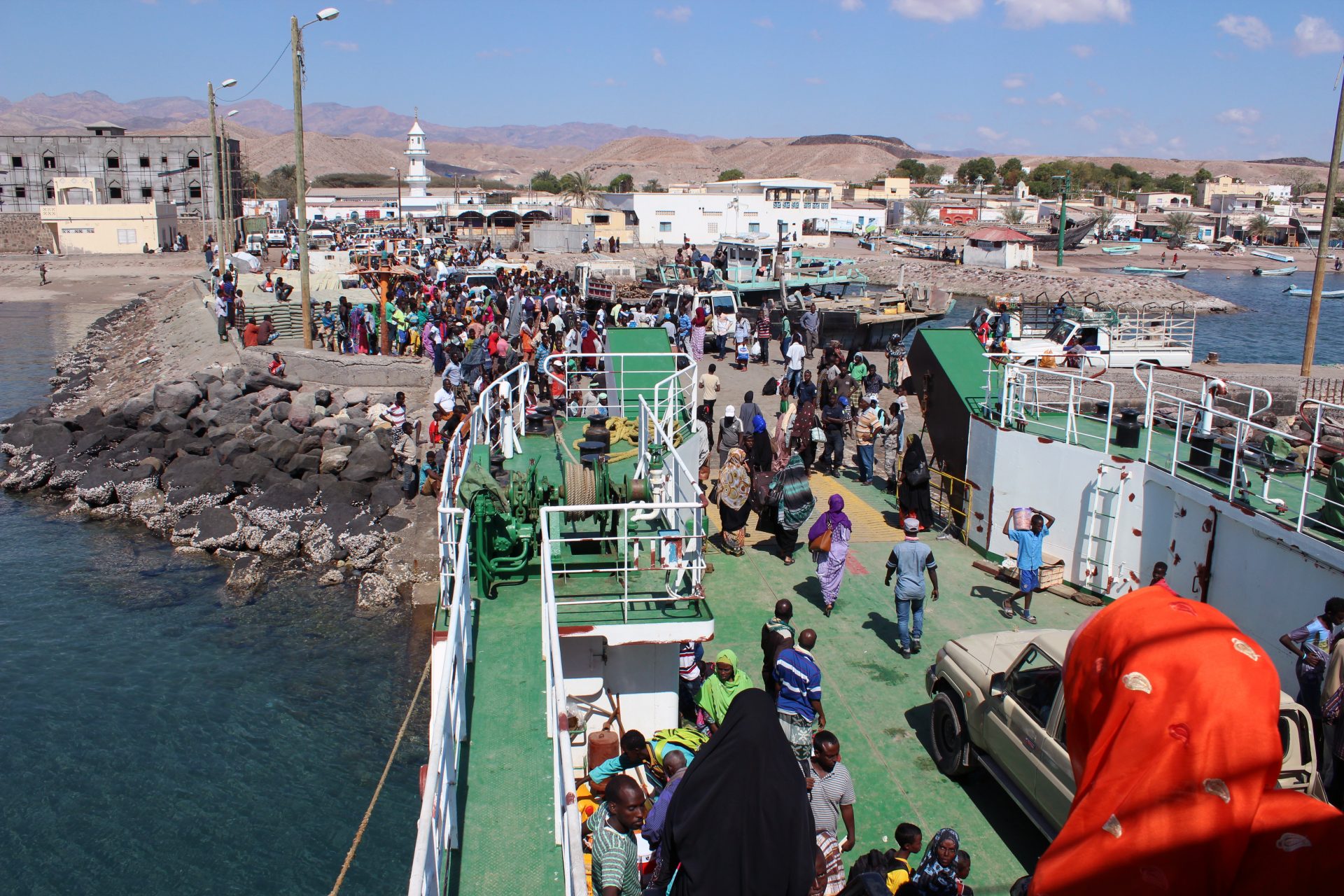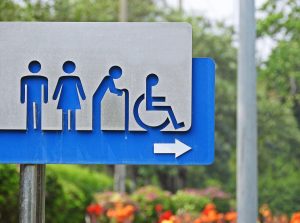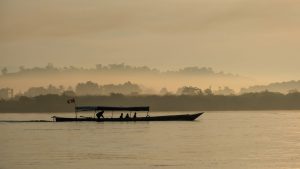International cooperation safeguards water for Djibouti
Water-stressed Djibouti receives groundwater from a well-field that may be part of a transboundary aquifer system. International cooperation and joint management to arrange and protect such water supplies are imperative in times of climate change and drought.
A shared aquifer is at the centre of interest in ensuring safe drinking water in the drought-prone Horn of Africa region, with human rights implications. Water is pumped and piped from a well-field close to the border between the countries of Djibouti and Ethiopia. A new report from the International Centre for Water Cooperation, hosted by SIWI, finds that this site may be part of a transboundary aquifer – the Afar Rift Valley/Afar Triangle Aquifer. The boundaries are yet to be confirmed by the International Groundwater Resources Assessment Centre.
Dr Jenny Grönwall, author of the report, said: “This study can help inform further investigations of the transboundary aquifer and the well-field area in question, so to safeguard the sustainable use of the groundwater for all those depending on it.”
The Ethio-Djibouti Transboundary Water Project
The report has analysed the background and implications of the Ethio–Djibouti Transboundary Water Project. The project was designed to supply 750,000 people of Djibouti with freshwater from Ethiopia. The supply has been ongoing since 2017, critical to improving Djibouti’s water security. The project is of geostrategic importance also to its financier, a Chinese state-owned bank.
The interest in groundwater resources, and aquifers (the host of groundwater), is growing as the world faces increased pressure on water resources. The report explores legal and human rights aspects, comparing two scenarios. Namely, if groundwater is abstracted from a transboundary aquifer, or if groundwater is pumped entirely from Ethiopia’s own domestic aquifer. In both cases, it highlights the need for groundwater governance and management under unsettled circumstances, as well as for improved data on transboundary aquifers.
International cooperation and human rights
Groundwater is significant in climate adaptation and resilience-building. Grönwall, who is also SIWI’s focal point for the human rights-based approach, stresses that this study shows how the knowledge, needs, and entitlements of local communities need to be taken into account when exploring and developing shared underground resources. International human rights law binds the three countries Djibouti, Ethiopia and China, involved in the Ethio–Djibouti Transboundary Water Project as they are all parties to the International Covenant on Economic, Social and Cultural Rights. Under this regime, a certain duty to cooperate around water supplies exist. Political will and more robust scientific understandings of transboundary waters are necessary to realize the human right to water.
Fieldwork: The missing piece
The report is based on a desk study as the COVID-19 pandemic, and political tensions that turned into a civil war in northern Ethiopia, hindered traveling. “Ideally, this type of research involves fieldwork with observations on the ground and interviews with residents in Ethiopia as well as Djibouti. This was not possible due to travel restrictions,” said Grönwall.
The case study instead draws on work that UNICEF has previously carried out in the area. Tarek Hassan and Getachew Hailemichael of UNICEF could relate what locals have noticed about the aquifer recharge conditions in the landscape. In addition, Professor Wakgari Furi of Addis Ababa University, consultant for the Ethio–Djibouti Transboundary Water Project during its construction, has contributed to the understanding of possible hydraulic connection between the well-field and the transboundary aquifer.
The cooperation over water supply has led to greater interdependence between Ethiopia and Djibouti. Their shared interests go beyond the immediate benefits of the water project. This is crucial in times when the narrative is often shaped by national sovereignty and the debate is increasingly framed in terms of securitization arguments.
More information
The report was funded by the International Centre for Water Cooperation (ICWC), hosted by SIWI under the auspices of UNESCO.
Read the full report








